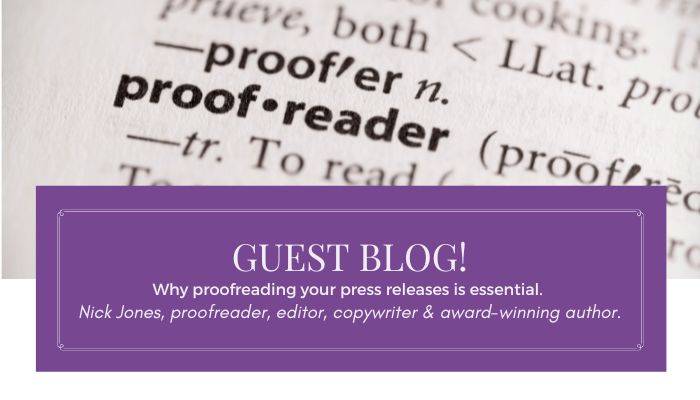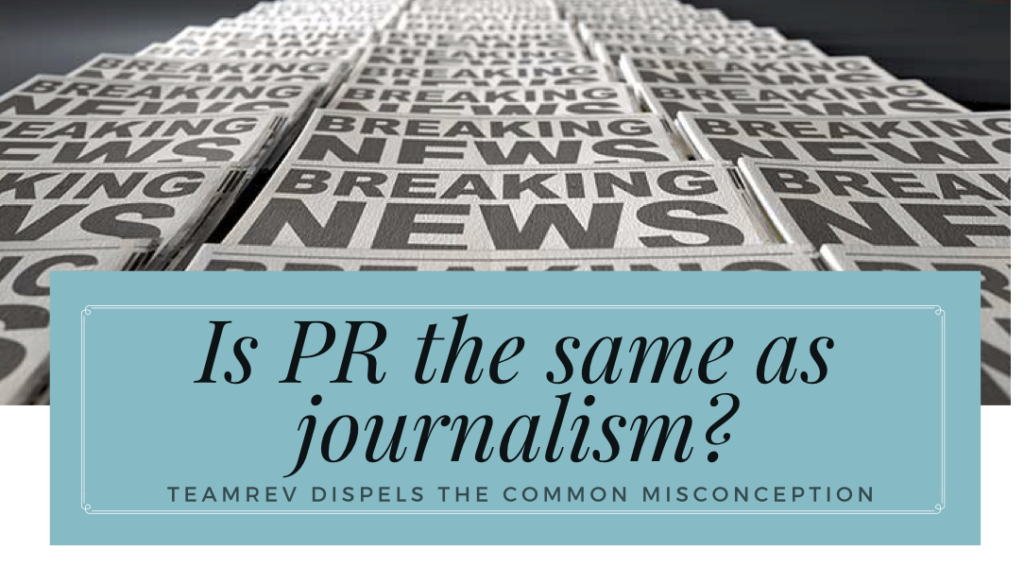To put it simply, yes and no. PR and Journalism are like two sides of the same coin and it’s easy to see why the two professions are sometimes thought to be the same thing. Nowadays, a lot of Journalism graduates edge towards PR as the general foundations for both jobs are similar: they both require (a lot of) writing but the purposes for the content is what makes them different. There are definitely some similarities between the two which we’ll discuss below, but they certainly shouldn’t be classed as the same.
A journalist’s job spec is evolving whilst PRs are required to do the same as before
In an era where a 2am tweet from POTUS can both set the news and bend the typical news agenda, it is becoming even more important for the public to understand where content comes from. The newsroom has evolved in the wake of the digital age, meaning the work of journalists needs to be constant to keep up. If a simple tweet can constitute as ‘news’, then journalists are required to step up their game, be always ‘on’ and prepared with both proactive and reactive content.
And that’s where PR comes in. Public relations will always be available to save the day when journalists need that crucial last-minute story before deadline. PR execs provide a wealth of timely, relevant stories and experts when it comes to meeting the criteria for a newsworthy piece. They are a vital part in making sure the content is bang on the money.
Journalists write for their own benefit, PRs write for someone else’s
The main aim for a journalist is to find out the truth – and they go in hunt of a story. What they do with that story once they find it can depend on many things, including their target audience (which could just as easily be the outlet they hope to sell to as it is their end reader), their political persuasion, their personal opinions and beliefs and even their location. Essentially, journalists are looking for the topics that can make for good reads – in hope of bringing hard-hitting facts to the forefront, championing a cause and, often, just making you smile with a heart-warming story. Journalists also tackle fake news by writing meaningful and informative stories that have their name attributed to them. To be successful, journos need to make themselves look more credible as a writer. They write for their own gain.
PRs, on the other hand, aim to convey their client’s version of the truth, and write on their behalf. PR execs normally rely on their clients to supply the content for a story, or at least the basis for something that can be turned into one! PRs are in the fortunate position of knowing that there will always be some news from their client – no matter how tenuous a link might be! They write engaging content, designed to build the trust, credibility and profile of their clients. Creating valuable, client-led content sets the brands they represent as experts within the news realm.
Heads or tails
The relationship that’s required between a journalist and a PR might be what’s confusing the matter. Quite often, journalists call on the help of PRs in a bid to help generate the news. They are both confident that what PRs have to share is informative, credible and, although it is usually specific to one client, is readily available. This could possibly be the reason why the lines have been blurred between the two professions. Maybe it’s fairer to say that journos are a cheque book and PRs are contactless debit cards! Either way, at Team Rev, we value the close relationship between us and our colleagues in the media.
Most brands will utilise a PR team, either in-house or externally, to communicate with journalists and the wider media. Do you? How do make sure your news is heard?
Want to hear more from TeamRev? Follow us on LinkedIn, Twitter or Instagram.






